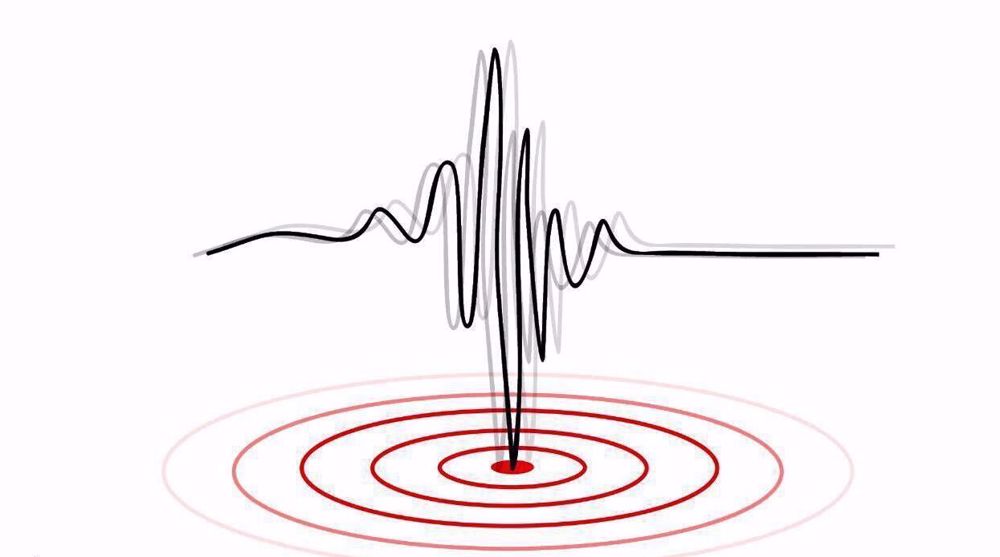Chicago University prof. wins Nobel Economics Prize
US economist Richard Thaler on Monday won the Nobel Economics Prize for his pioneering work bridging the gap between economics and psychology, the jury said.
"By exploring the consequences of limited rationality, social preferences, and lack of self-control, he has shown how these human traits systematically affect individual decisions as well as market outcomes," the Nobel jury said in a statement.
"His empirical findings and theoretical insights have been instrumental in creating the new and rapidly expanding field of behavioral economics, which has had a profound impact on many areas of economic research and policy."
Thaler told the Nobel committee by videoconference he was "pleased" by the award.
"Well, I was pleased. I no longer will have to call my colleague Eugene Fama "Professor Fama" on the golf course," he joked, referring to his University of Chicago colleague who won the 2013 Nobel Economics Prize.
The 72-year-old takes home a nine million kronor (944,000 euros, $1.1 million) prize sum.
He is a professor at the University of Chicago -- a school popular with the Nobel economics committee. Of 79 laureates so far, more than a third have been affiliated with the university's school of economics.
Thaler made a cameo appearance in the 2015 movie "The Big Short" about the credit and housing bubble collapse that led to the 2008 global financial crisis.

Last year, the award went to British-American economist Oliver Hart and Bengt Holmstrom of Finland for their research on contract theory, which has helped design insurance policies and executive pay.
The economics prize is unique among the Nobel awards in that it was created by the Swedish central bank in 1968 -- the others were all set up through the 1895 will of Swedish inventor and philanthropist Alfred Nobel.
(Source: AFP)
VIDEO | Hind Rajab Foundation names Israeli war criminals vacationing after Gaza genocide
VIDEO | Australians rally for Gaza ahead of Christmas festivities
VIDEO | Attacks on Sana'a
Iran reports further drop in annual inflation rate in December
Israel indicts two settlers over suspected spying for Hezbollah
Iran: US airstrikes on Yemen war crimes, violation of international law
Yemeni armed forces down F-18 fighter jet, repel US-UK attack: Spokesman
Iran warns against US-Israeli plot to weaken Muslims, dominate region














 This makes it easy to access the Press TV website
This makes it easy to access the Press TV website